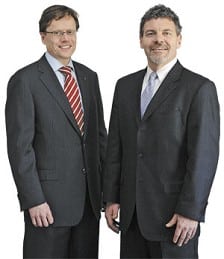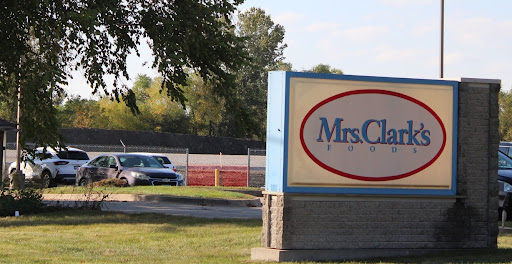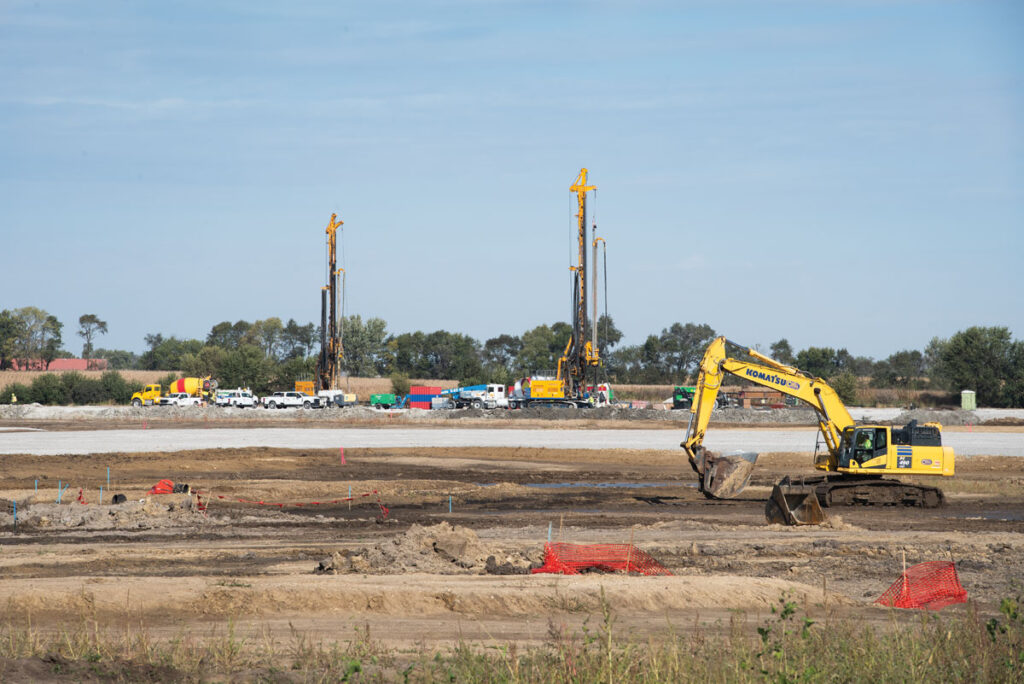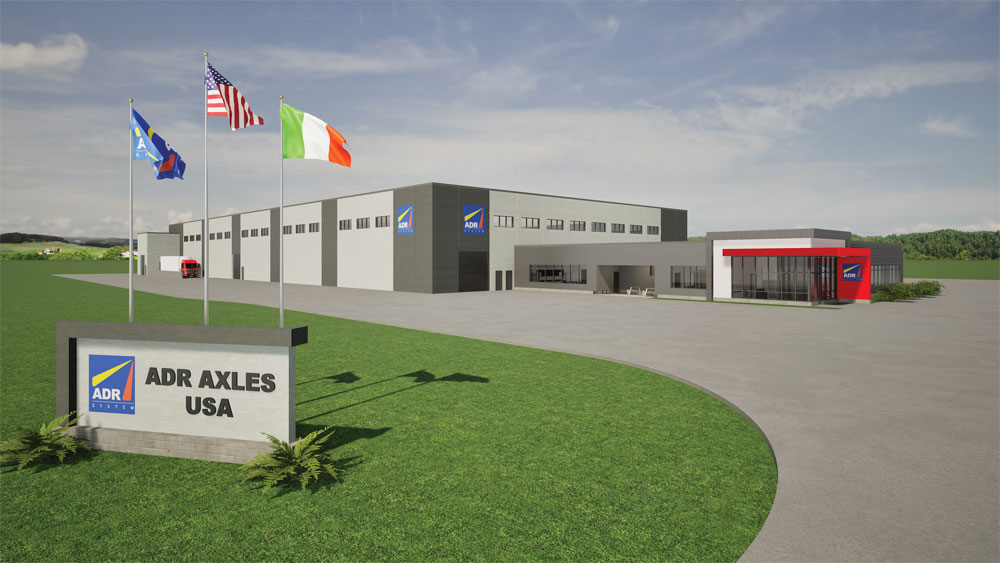America’s northern neighbor seeks greater trade activity
Canada-Iowa bilateral trade last year reached an all-time high of more than $8 billion

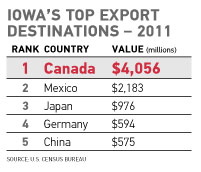
Based in downtown Minneapolis, the 20-person consulate functions much like a “mini embassy,” with responsibility for a five-state region – Iowa, Minnesota, Nebraska, North Dakota and South Dakota. Commercial and economic development is one of three primary missions for the consulate, which houses a nine-person Canadian Trade Commissioner Service Office.
Canada is by far Iowa’s largest international trade market; in 2011 Iowa companies exported more than $4 billion in products to Canada, an 18 percent increase from 2010. Exports to Canada make up approximately one-third of all exports by Iowa companies, exceeding the exports to the state’s three next-largest export partners – Mexico, Japan and China – combined.
“What we see here in Iowa is a strong economy, by any objective measure,” said Loken, who was appointed to his position three and a half years ago. “And we’re very proud of the fact that Canada has a relatively strong economy when you look globally. We see tremendous opportunity where you’ve got a strong, diverse economy in Iowa and a strong partner in Iowa. So we want to tell that story and make linkages wherever it makes sense.”
Canada is also the top export market for the United States overall; approximately 20 percent of all U.S. exports are destined for Canada, and Canada is the top export destination for 36 of the 50 states. Exports to Canada support an estimated 1.7 million U.S. jobs.
Michael Flaherty, senior trade commissioner for the Minneapolis consulate, said his office typically works with established companies that are ready to expand their footprint into international markets.
“That’s where we can assist them in terms of working with local economic developers in Canada and providing contacts for local market intelligence and assistance,” he said. “We don’t tend to work too much with the new or smaller exporter.”
The consulate also appoints an honorary consul from each state to serve as a local liaison. Mary Lawyer, a former director of the Iowa Department of Economic Development who later served as president of the Des Moines Downtown Community Alliance, was named to that position effective Jan. 1. Most recently, the Greater Des Moines resident was a director at LPCA Public Strategies in Des Moines, a position she left at the end of the year to head up a statewide public health initiative known as the Blue Zones Project. “We’re thrilled with her helping us out,” Loken said. “She has tremendous knowledge from her work in the private and public sectors.”
Flaherty, who began his assignment at the Minneapolis office four months ago, has averaged one visit per month to Iowa. “I’m spending a lot of time down here,” he said. “My observation is that there are a lot of companies here in Iowa that already have extensive relationships with Canada.” Among those companies, which Flaherty and Loken visited during a recent swing through the state, is EFCO Corp. in Des Moines. (see sidebar)
Agriculture-related trade, including food products, machinery and bioscience products, is one of the dominant sectors for the Upper Midwest region, Flaherty said. An emerging area of interest is to create greater linkages between Iowa companies in the financial services and business services sectors and Canada’s major financial centers in Toronto, Montreal and Vancouver.
“We also focus a lot on the area of life sciences and health industries,” he said, “everything from medical devices to pharmaceuticals through to the emerging fields of e-health and m-health (electronic health care and mobile health care technologies) and hospital procurement.”
In the energy markets, Canada supplies more to the United States than any other country; it’s the top supplier to the United States for oil, natural gas, electricity and uranium, Loken noted. The consulate has spent a lot of time promoting the potential benefits of the proposed $7 billion Keystone XL Pipeline, which would transport Canadian oil from Alberta through the Midwest to refineries on the Gulf Coast of Texas. The Obama administration in January announced that it would not give approval for the project to proceed due to environmental concerns.
“We’ve certainly been telling the broader story about the Canada-U.S. energy relationship, and this Keystone Pipeline is an important piece of that, but it’s not the only piece, of course,” Loken said. “We’re disappointed the permit wasn’t granted. Of course, it’s a U.S. decision, and we respect the U.S. regulatory process, but we often talk about it and explain the context.”
New agreemen
Among the goals of the Border to Border Action Plan is to develop an integrated cargo strategy, to reduce the number of shipments that are subject to re-screening after crossing the border. Additionally, data requirements for advance electronic clearance of shipments across the border are being harmonized so that the exporters don’t have to format and package items one way for the Canadian side and another way for the U.S. side, Loken noted.
“Another reason it’s so important that these programs are secure and efficient is that parts are crossing the border many times during production,” he said. “It almost doesn’t matter anymore whether a car rolls off the line in Michigan or Ontario – it’s a North American car full of parts from both sides. So we need to have an efficient border so we don’t gum up those supply chains.”
Consulate General of Canada – Minneapolis
• Website: www.minneapolis.gc.ca
• Email: mnpls@international.gc.ca
• Address: 701 Fourth Ave. South, Suite 900, Minneapolis, MN 55415-1899
• Telephone: (612) 492-2900

